UK to be worst-performing major economy in 2023, warns IMF
The United Kingdom faces the bleakest two years of any major industrial nation, the International Monetary Fund (IMF) has predicted, and is on course to become the only Group of Seven (G7) country whose economy will shrink this year.
The IMF, the major financial agency of the United Nations, in a report on Monday said Britain is expected to experience a contraction of 0.6 percent in 2023, the only G7 economy projected to shrink this year, blaming it on “tighter fiscal and monetary policies”.
It downgraded the country's economic outlook by a massive 0.9 percentage point from October, saying higher interest rates and taxes along with government spending limitations will exacerbate a cost-of-living crisis in the UK.
Global growth is slowing in 2023 but should rebound in 2024. China reopening, a strong US labor market with cooling inflation, and a mild winter in Europe have all helped avoid the worst. Read our latest #WEO: https://t.co/4ifKc9qi4j pic.twitter.com/f41UeRtHFW
— IMF (@IMFNews) January 31, 2023
If the Gross Domestic Product (GDP) of a country decreases for two consecutive quarters, it means that the country is in recession and its economy is in a bad state. Typically, this means that companies make less money and more people are unemployed.
The Washington-based institution predicted that the UK would be the only country – among the world's advanced and emerging economies – to suffer a year-long decline in GDP this year.
The forecast leaves the country languishing behind Germany and even sanctions-hit Russia, both of whom are expected to register growth this year.
According to Pierre-Olivier Gorinchas, chief economist of the IMF, Britain will experience a challenging economic environment due to the country's heavy dependence on liquefied natural gas and high energy prices.
The report comes as the embattled Prime Minister Rishi Sunak is under pressure from Tory MPs to deliver a plan for growth amid growing economic woes.
Sunak is, however, resisting calls to cut taxes in the upcoming budget, with Chancellor of the Exchequer Jeremy Hunt insisting on Friday that inflation needed to come down first.
On Wednesday, the country will see the biggest day of industrial action in over a decade with strikes by an estimated 500,000 workers across seven unions, which is likely to bring the country to a halt.
Meanwhile, the Prince’s Trust, a youth charity, carried out a survey among 16 to 25-year-old Britons, which showed that 45 percent of these youngsters in the UK have no hope of establishing a new family due to the soaring cost of commodities and services.
The report revealed that 57 percent of young people said the cost-of-living crisis is their biggest worry for the future, while 34 percent said the coming recession is their greatest concern. About 46 percent said they felt hopeless about the future due to economic uncertainty.
Younger generations are not the only people to be affected by the UK’s deteriorating economic situation. Millions of adults and even the elderly are being affected by the cost-of-living crisis and rising inflation.
Energy and food prices, along with vital living costs have experienced a sharp increase in recent months, as the UK is grappling with its decades-high inflation.
Iran riots: Why Trump’s ‘rescue’ rhetoric backfired, uniting Iranians against external meddling
VIDEO | India faces choice in US-sponsored 'Gaza Peace Board'
VIDEO | Trump’s Greenland push sparks EU outrage and transatlantic strain
Israeli military chief warns Netanyahu, Katz of manpower crisis undermining military readiness
Iran Judiciary chief: Enemy turned to rumors after defeat in riots
Iran dismantles terrorist cell: Ringleader killed, 11 members arrested
Netanyahu joins familiar circle of war at heart of Trump’s Gaza plan
‘Eulogy for globalist hypocrisy’: Netizens react to Canada PM’s speech on end of ‘rules-based order’


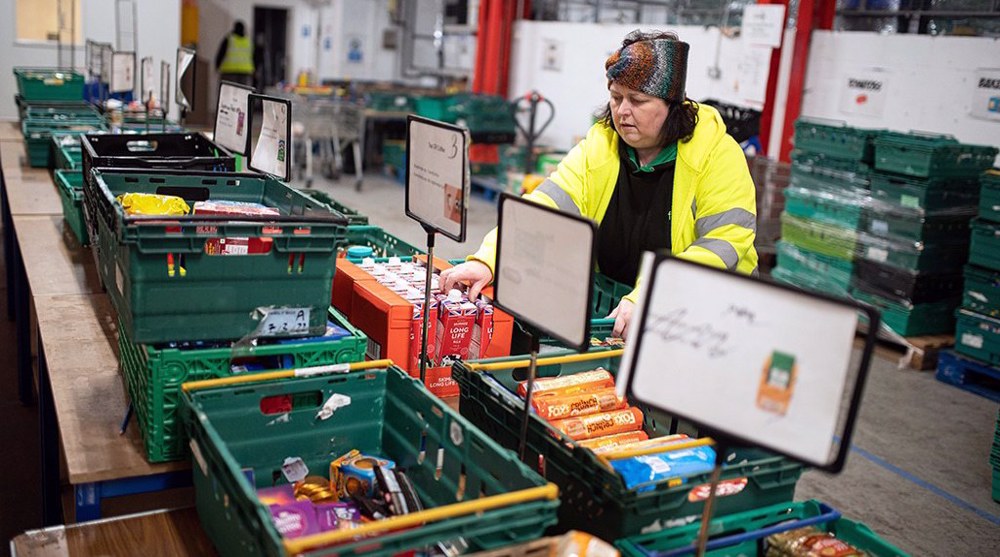
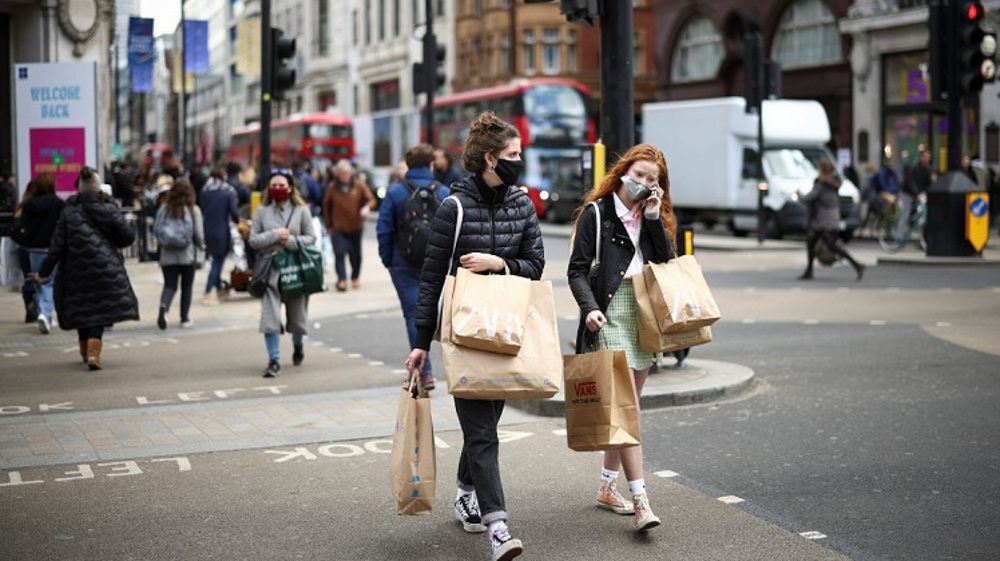


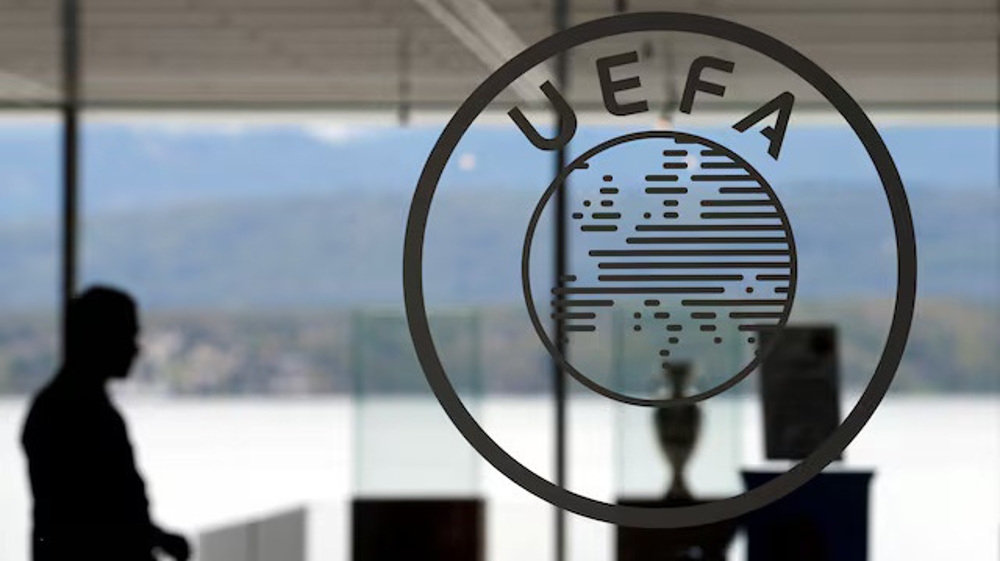





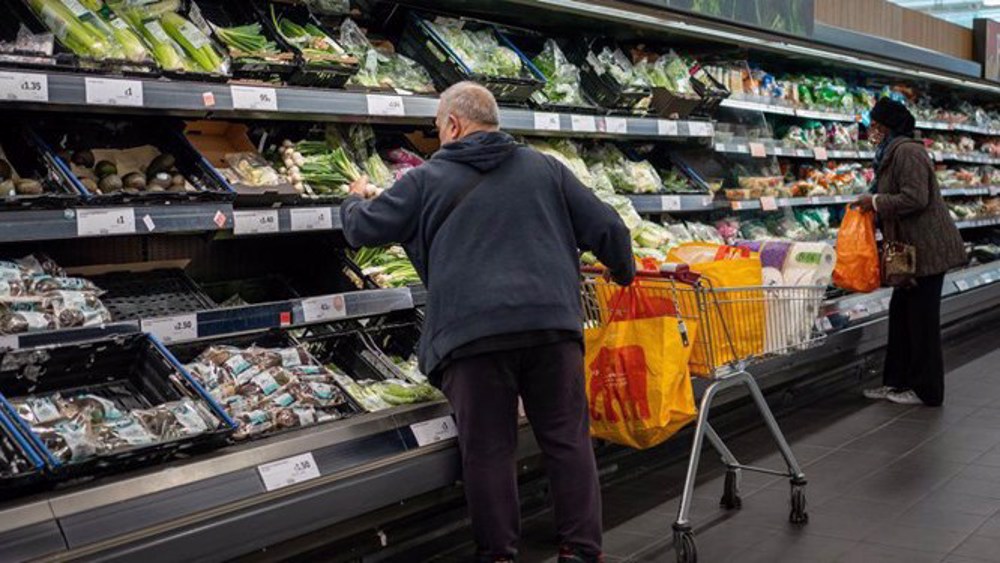
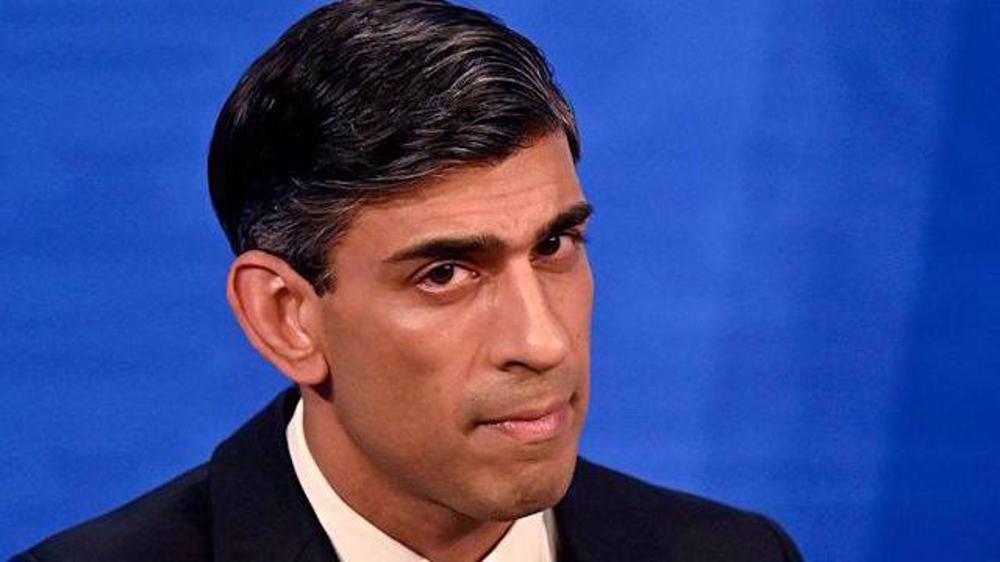
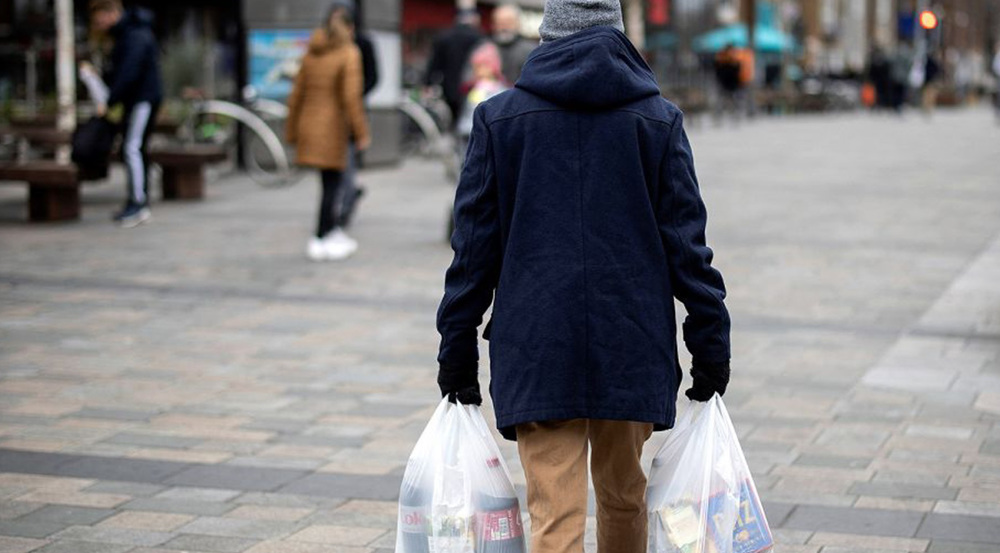
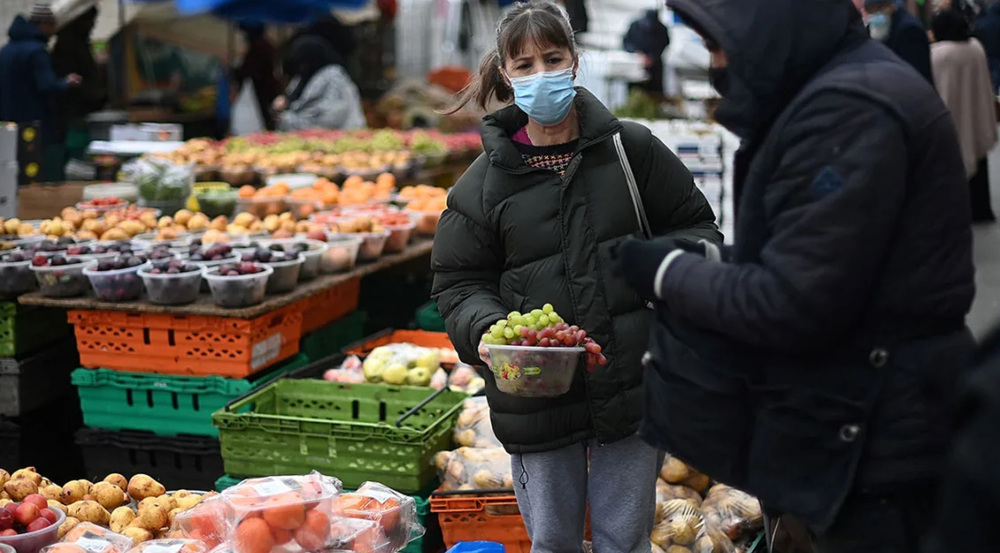

 This makes it easy to access the Press TV website
This makes it easy to access the Press TV website